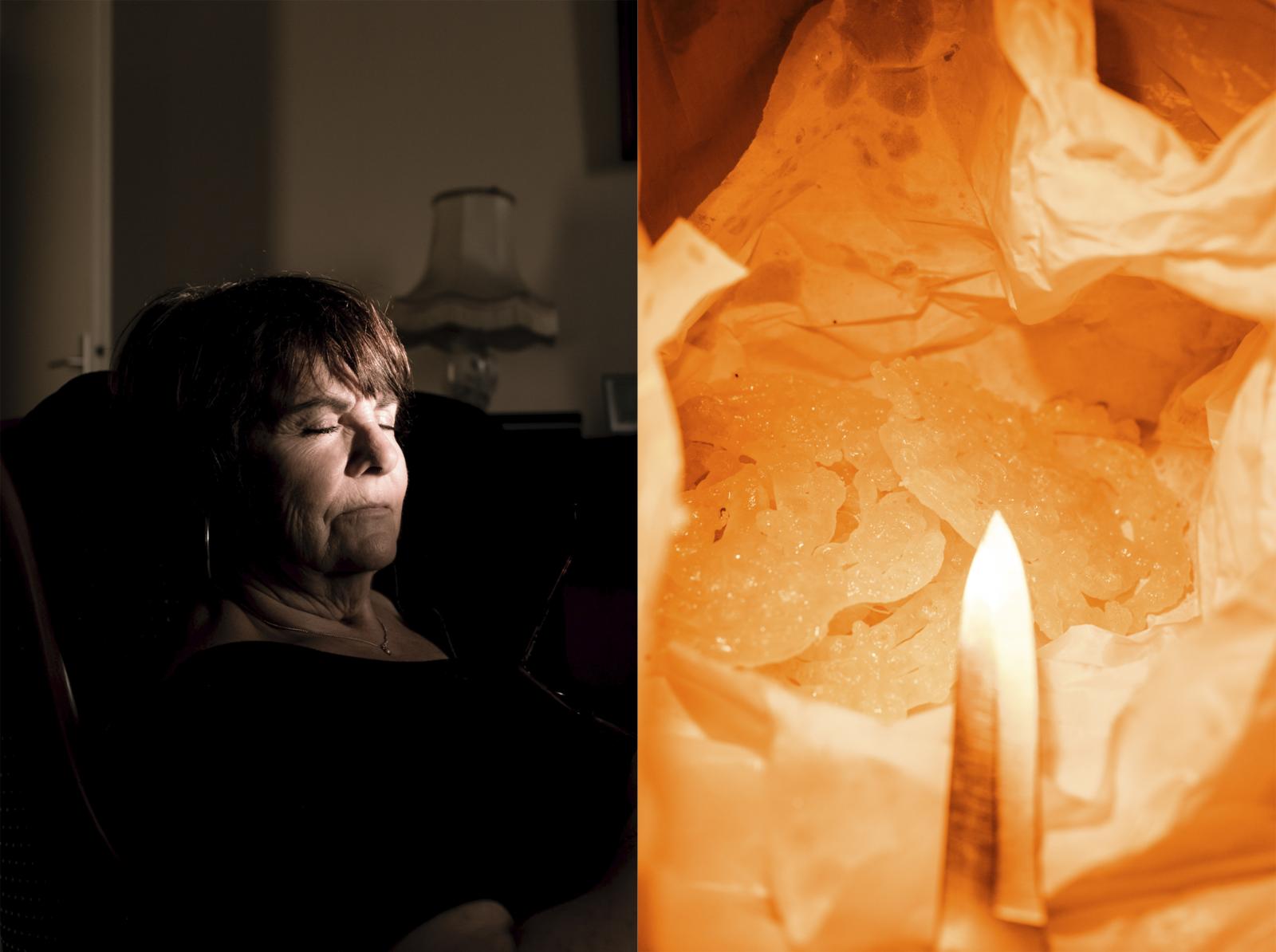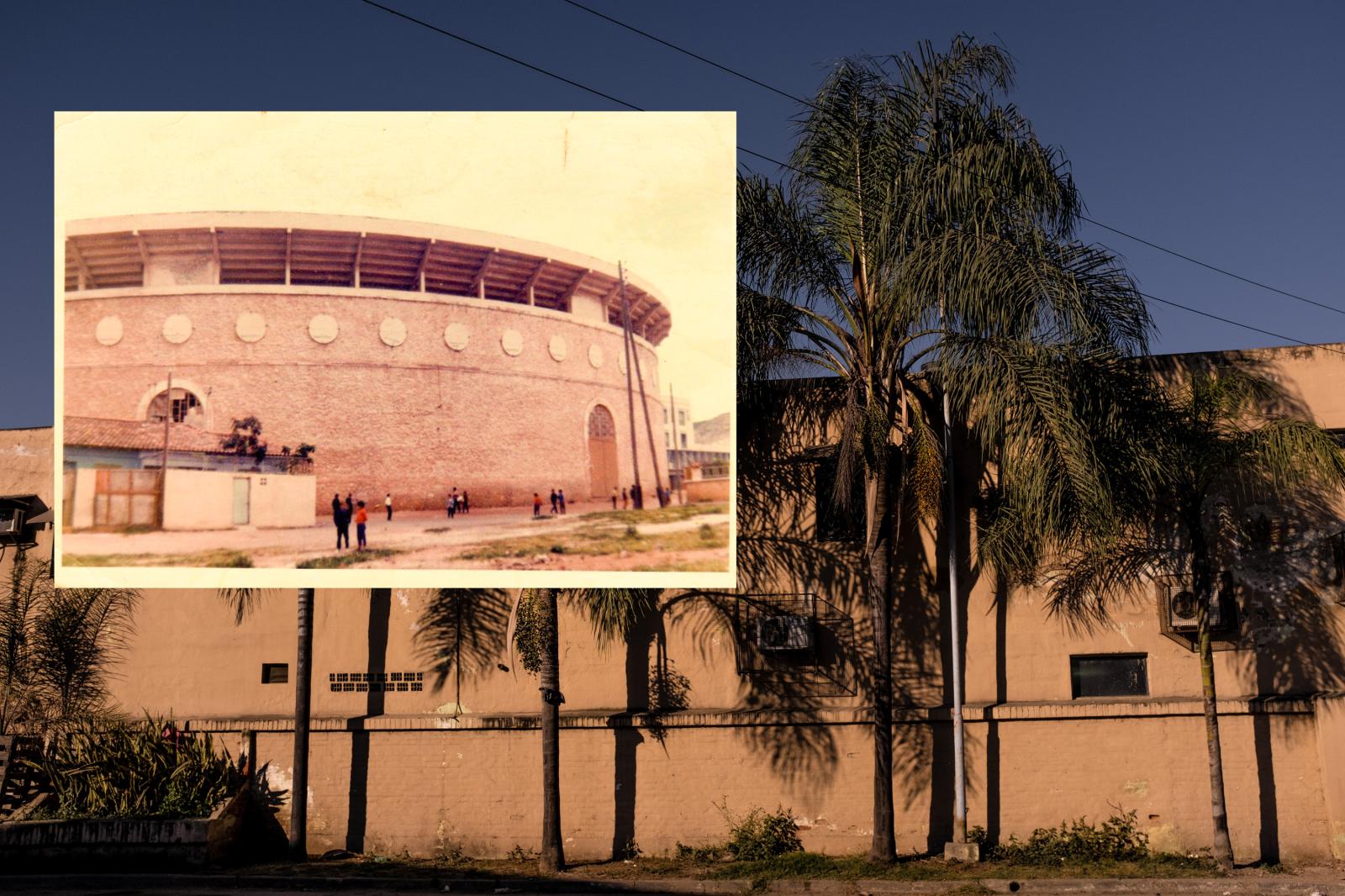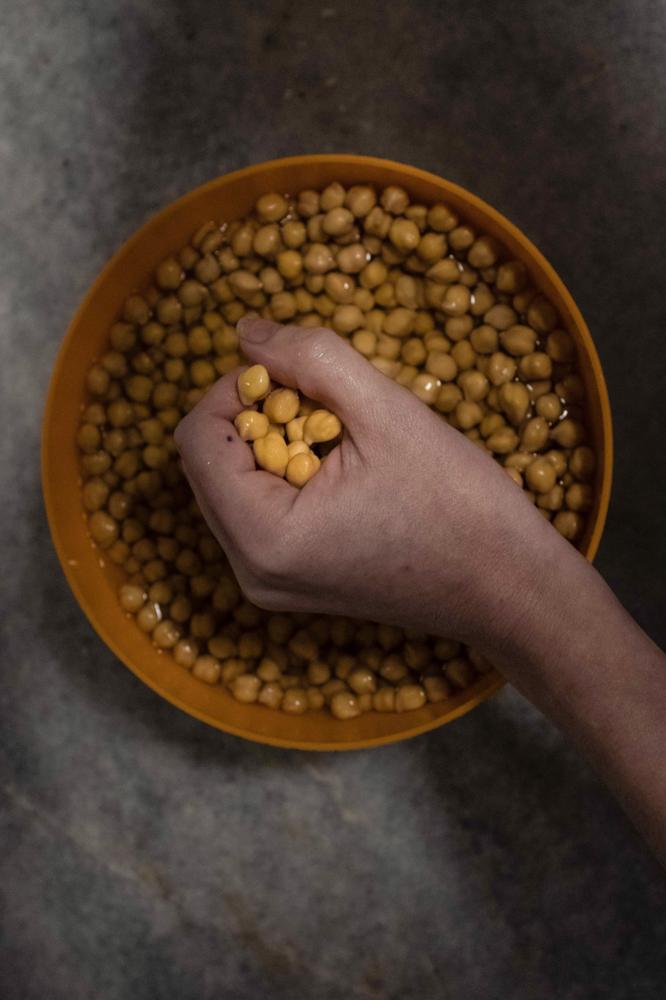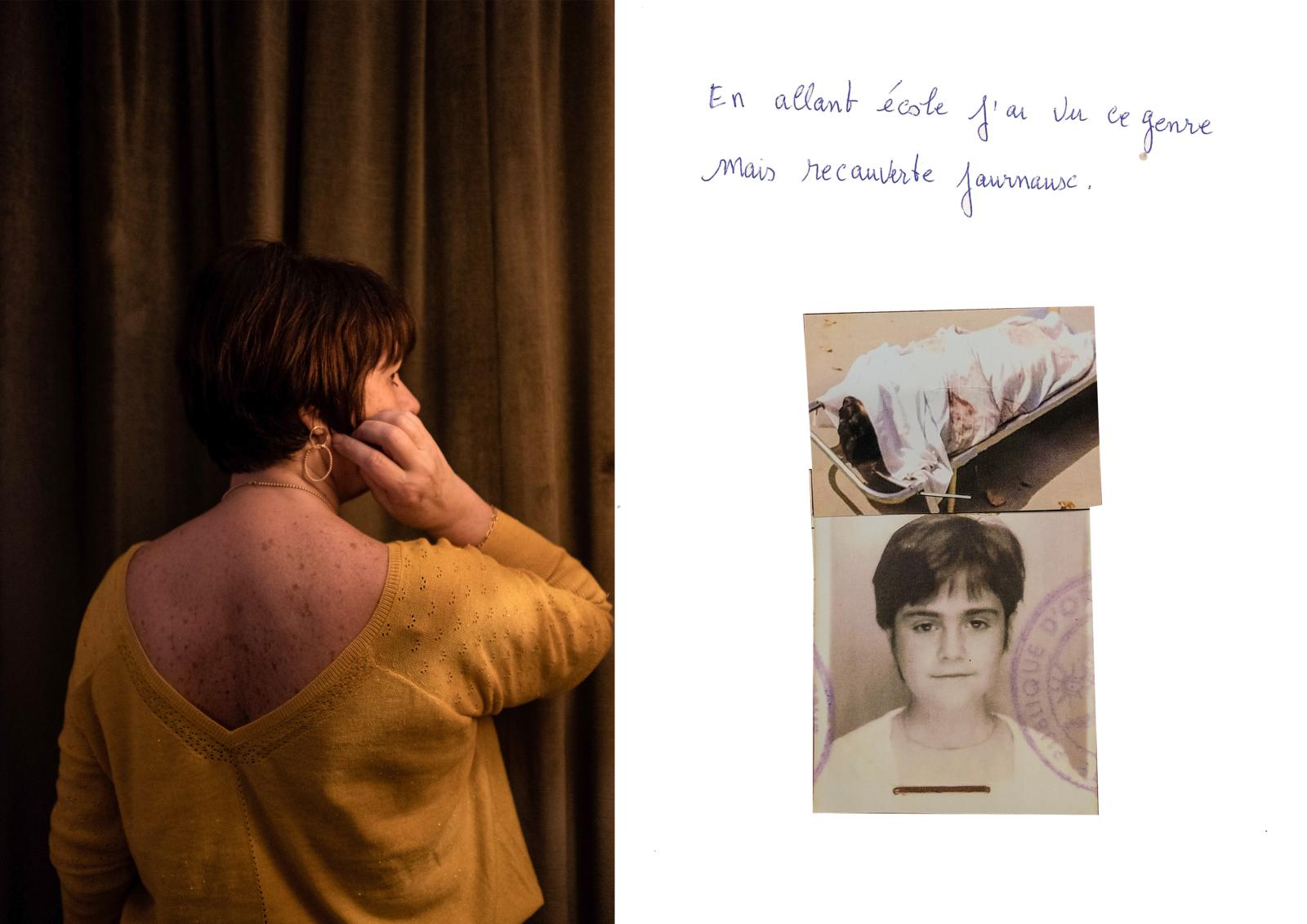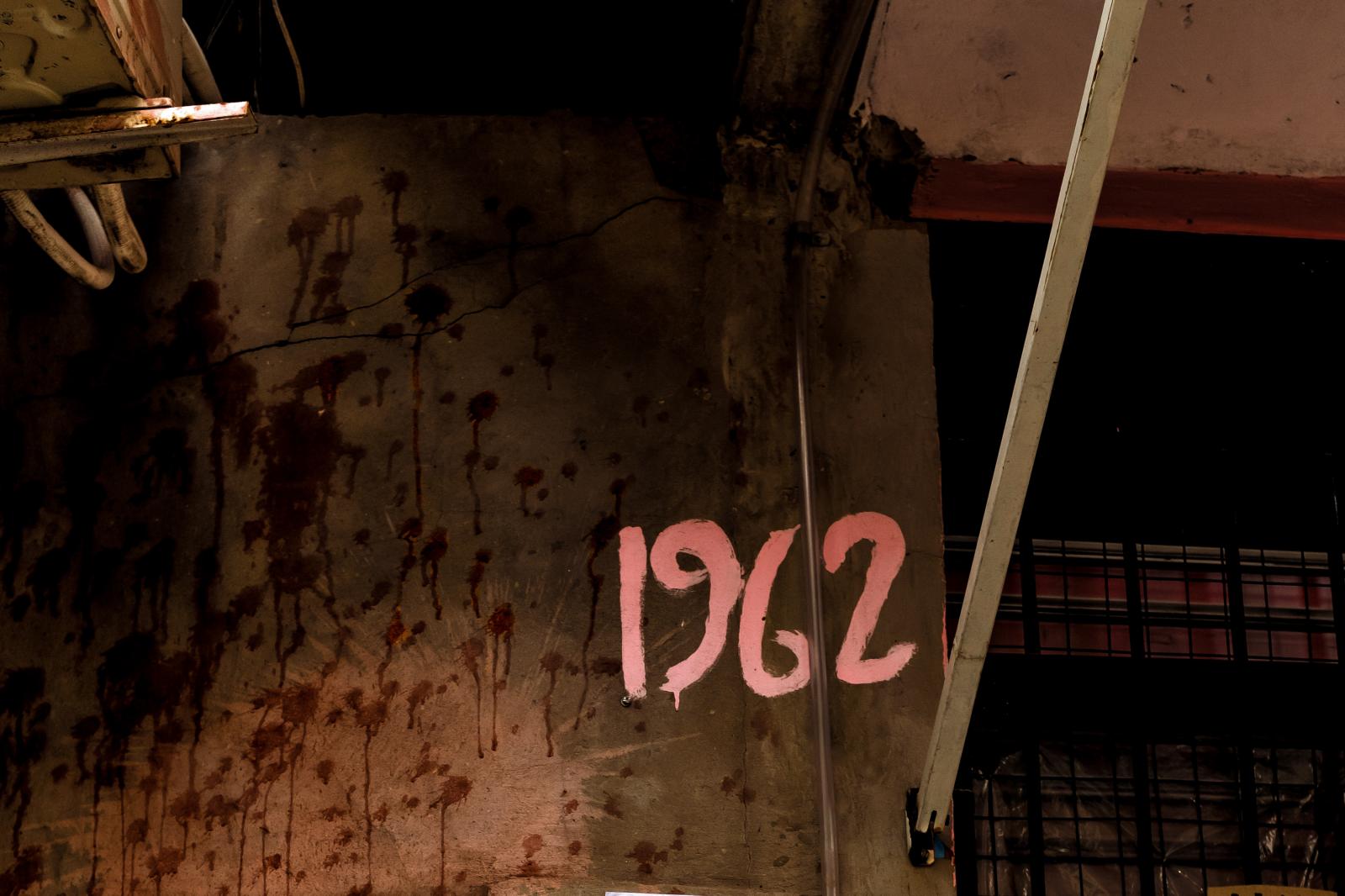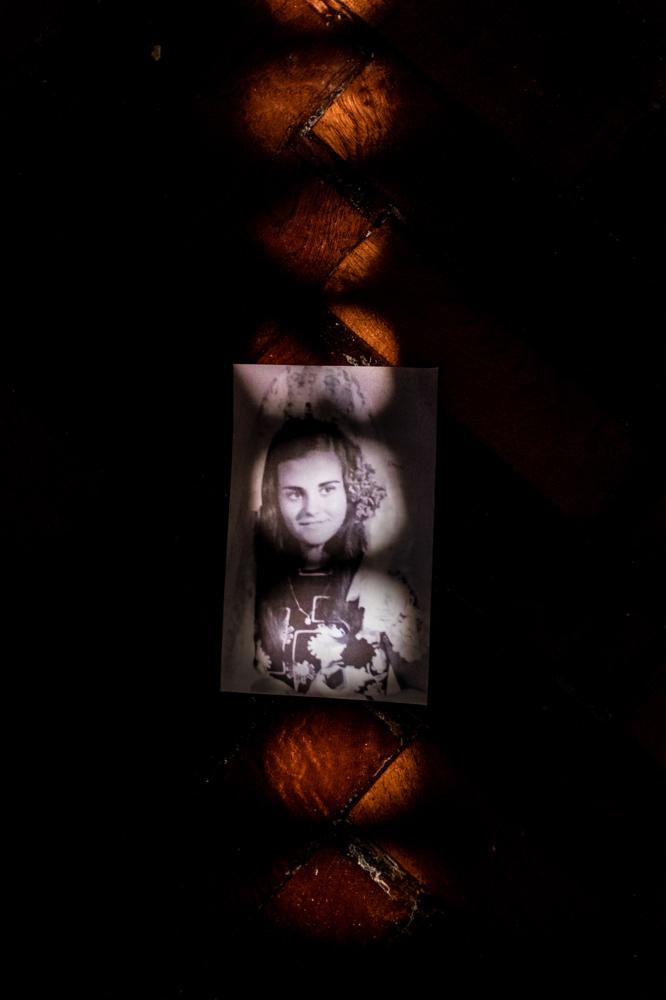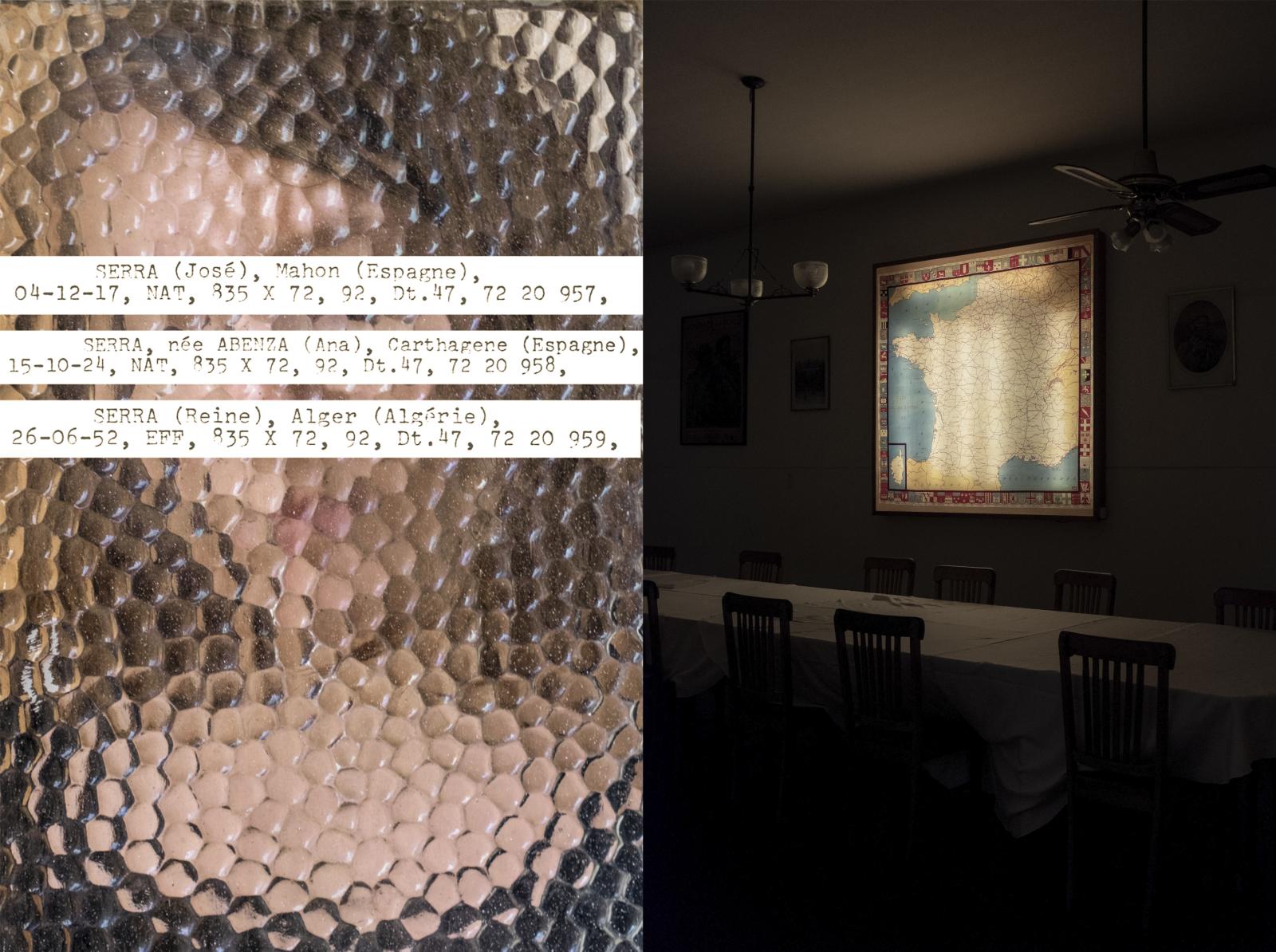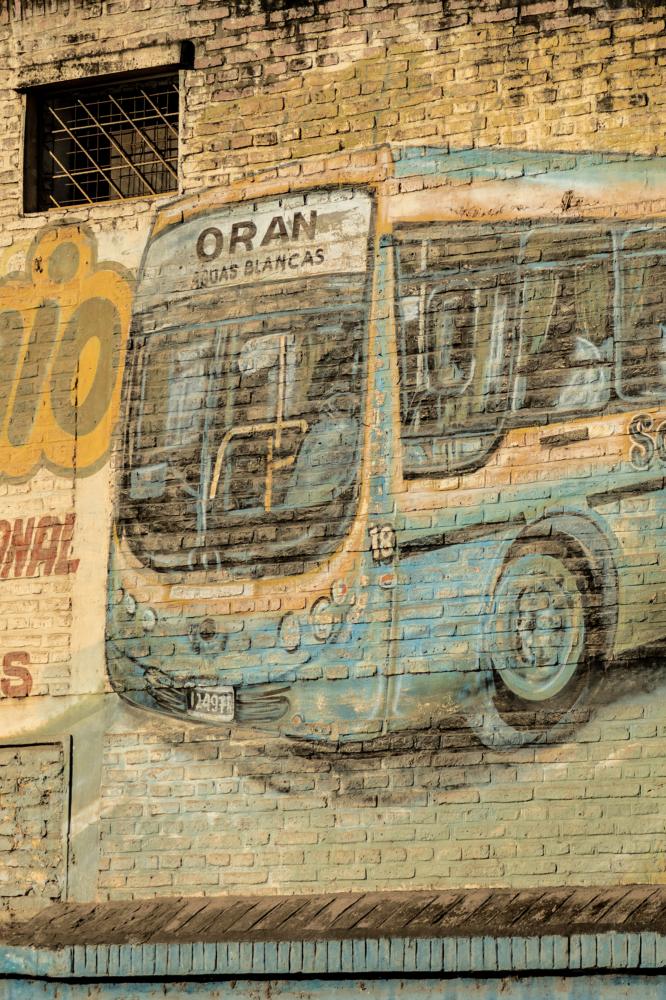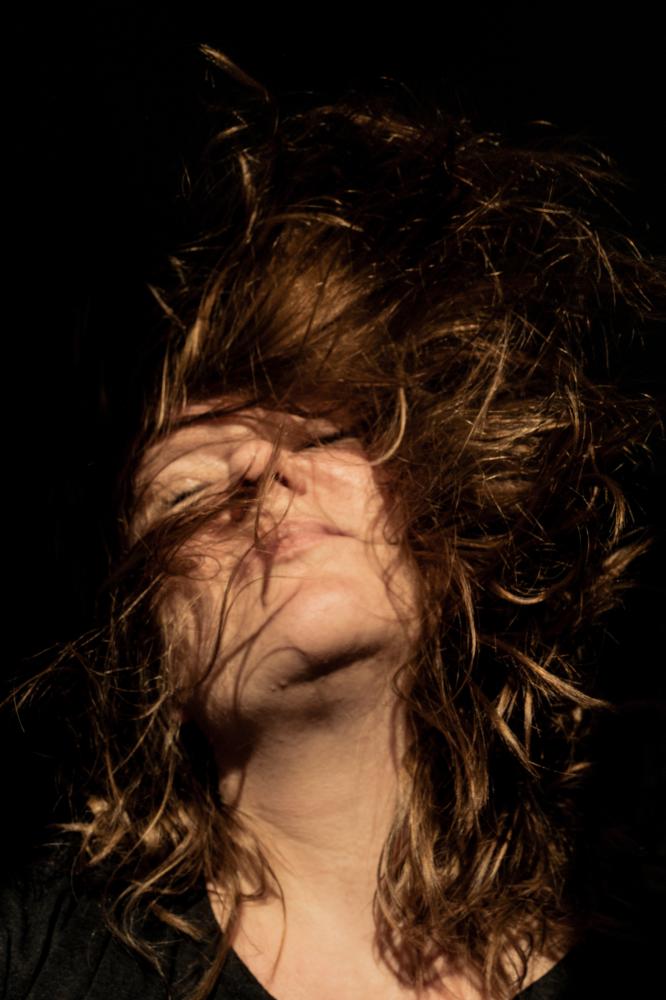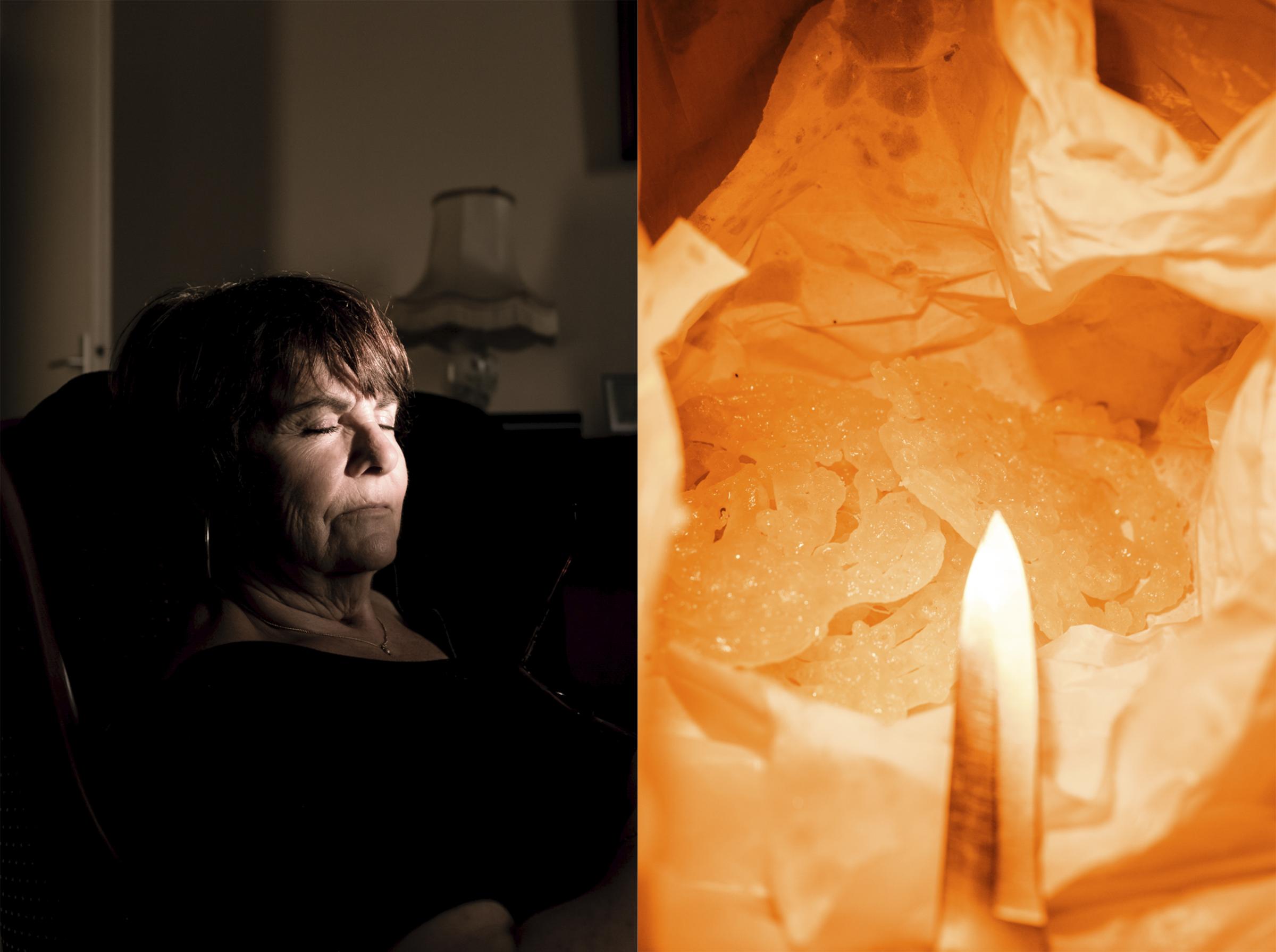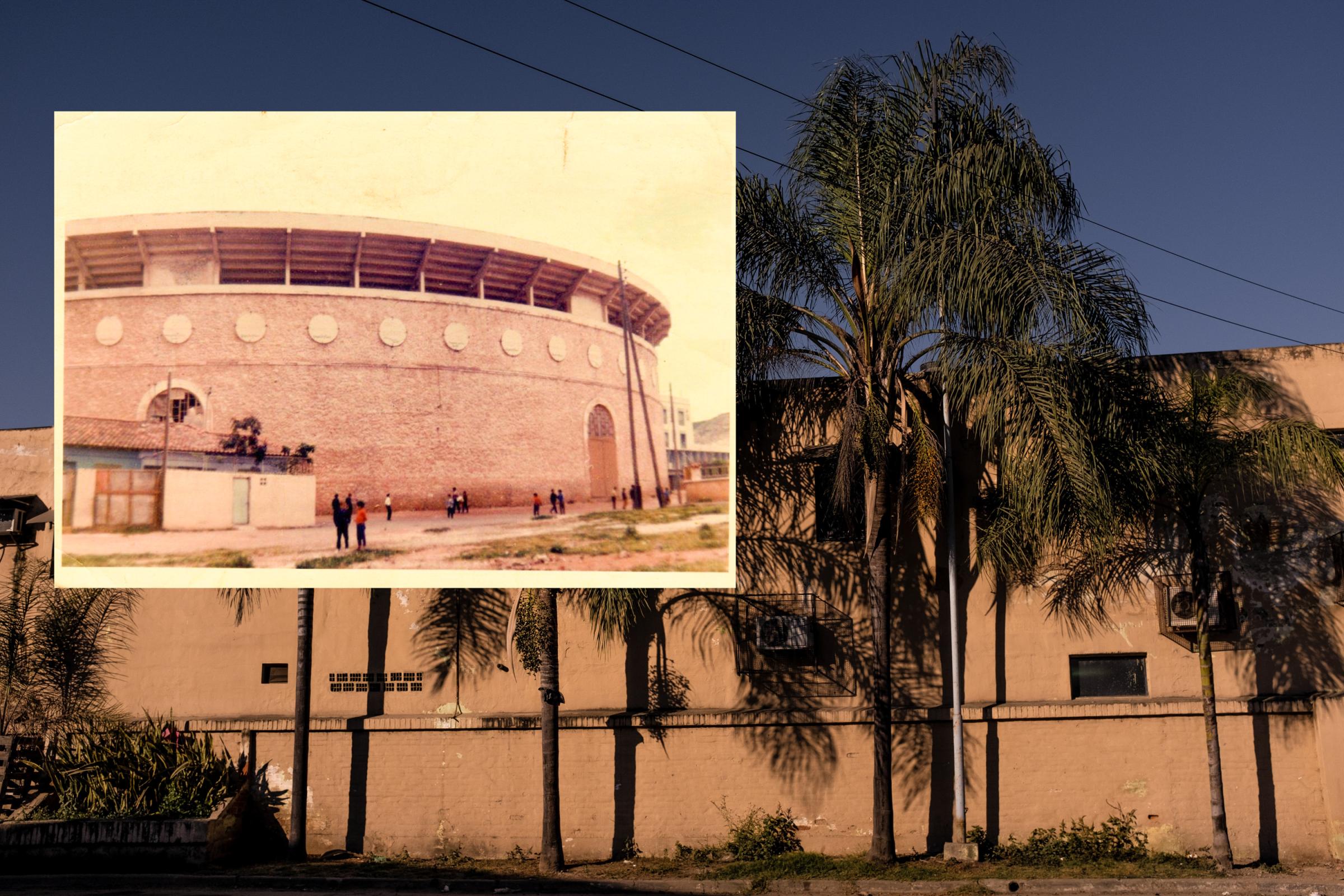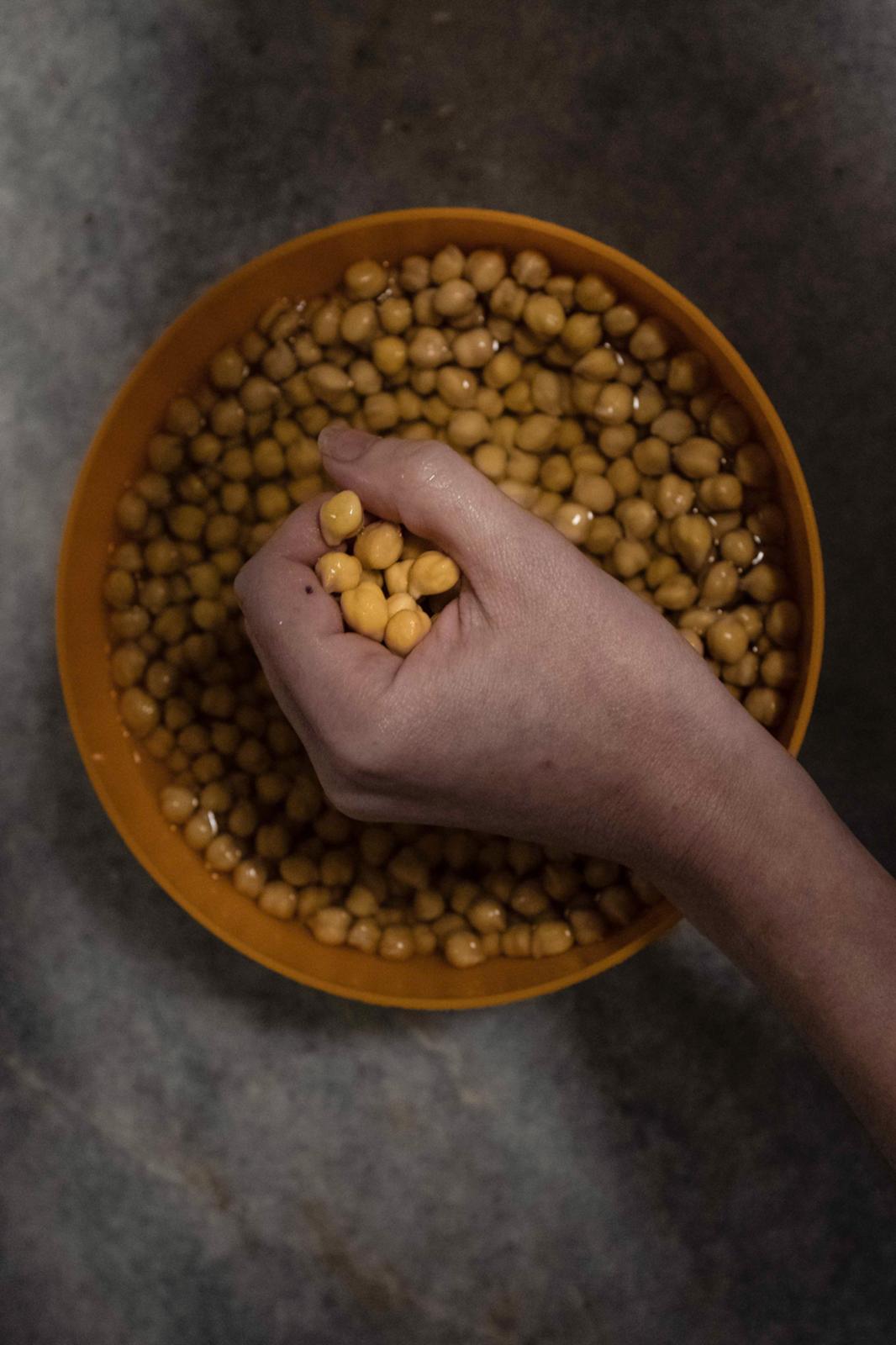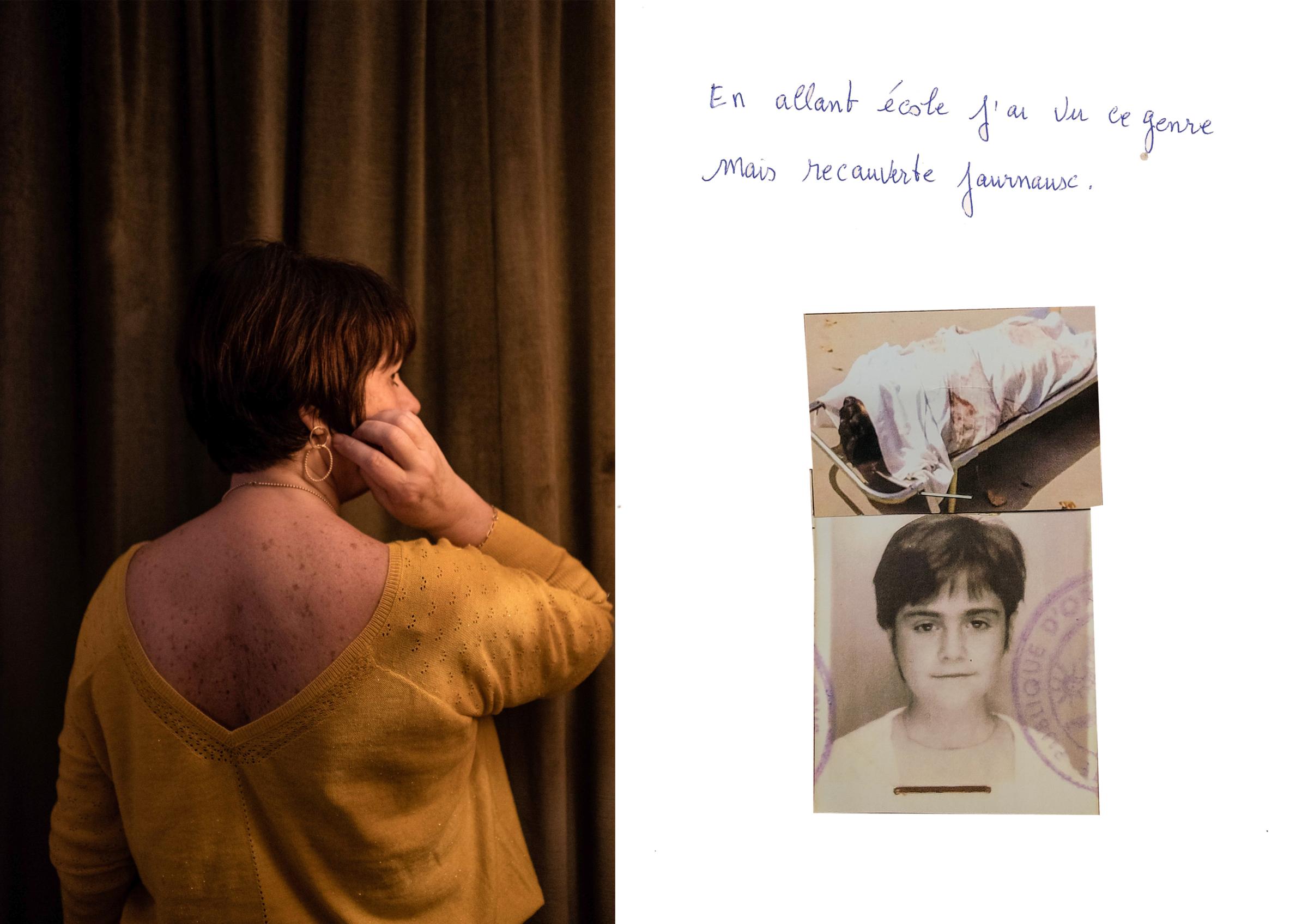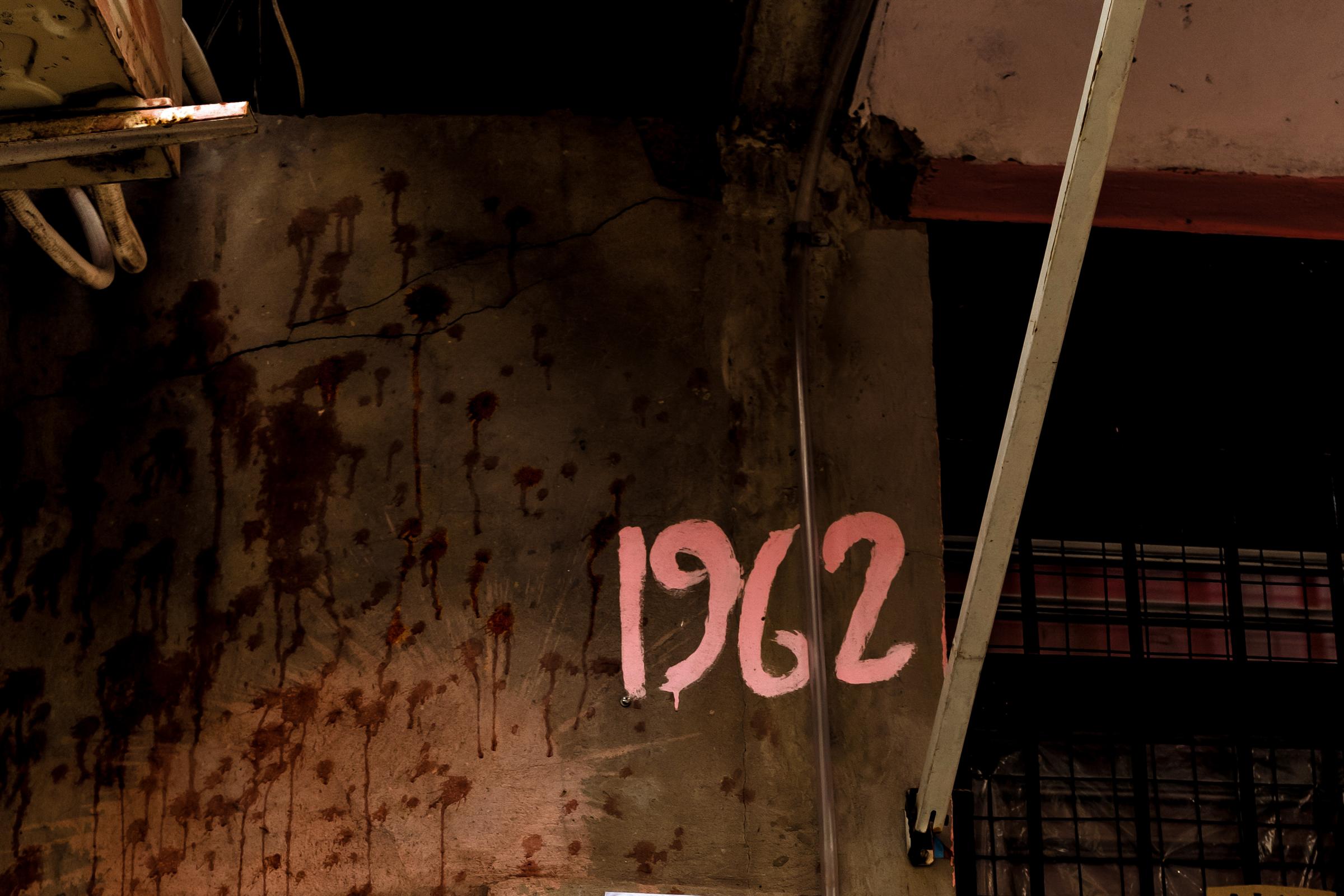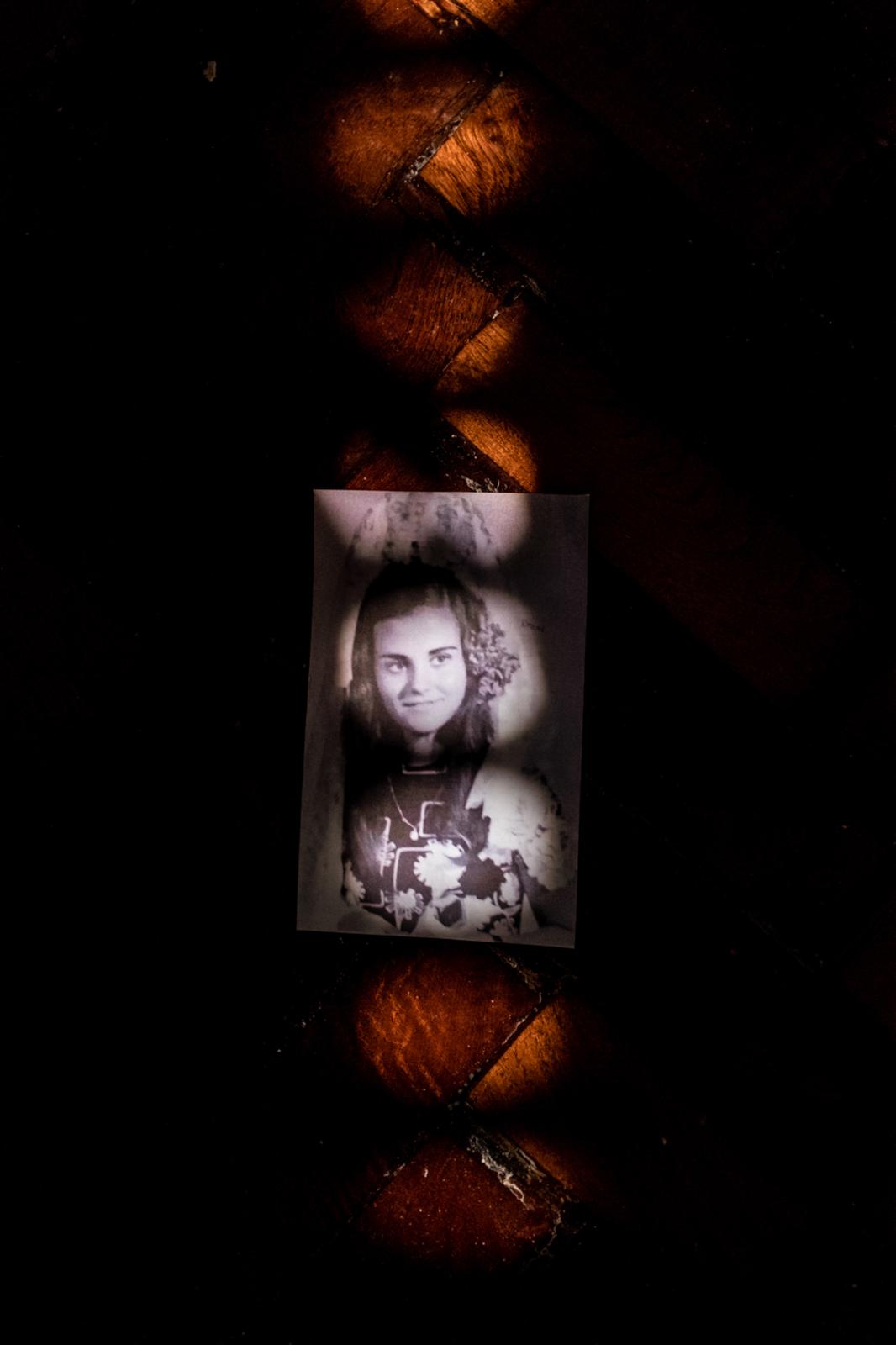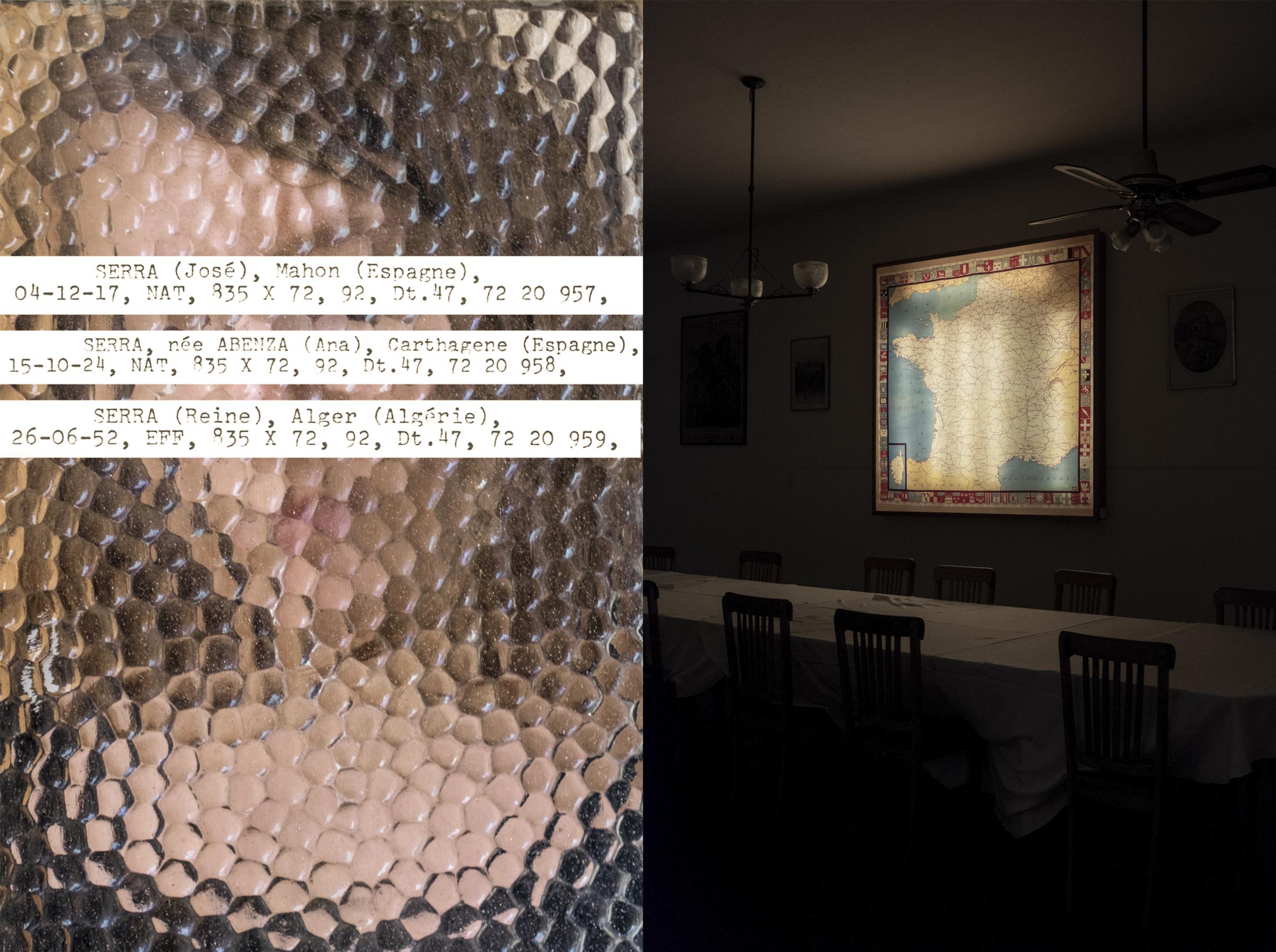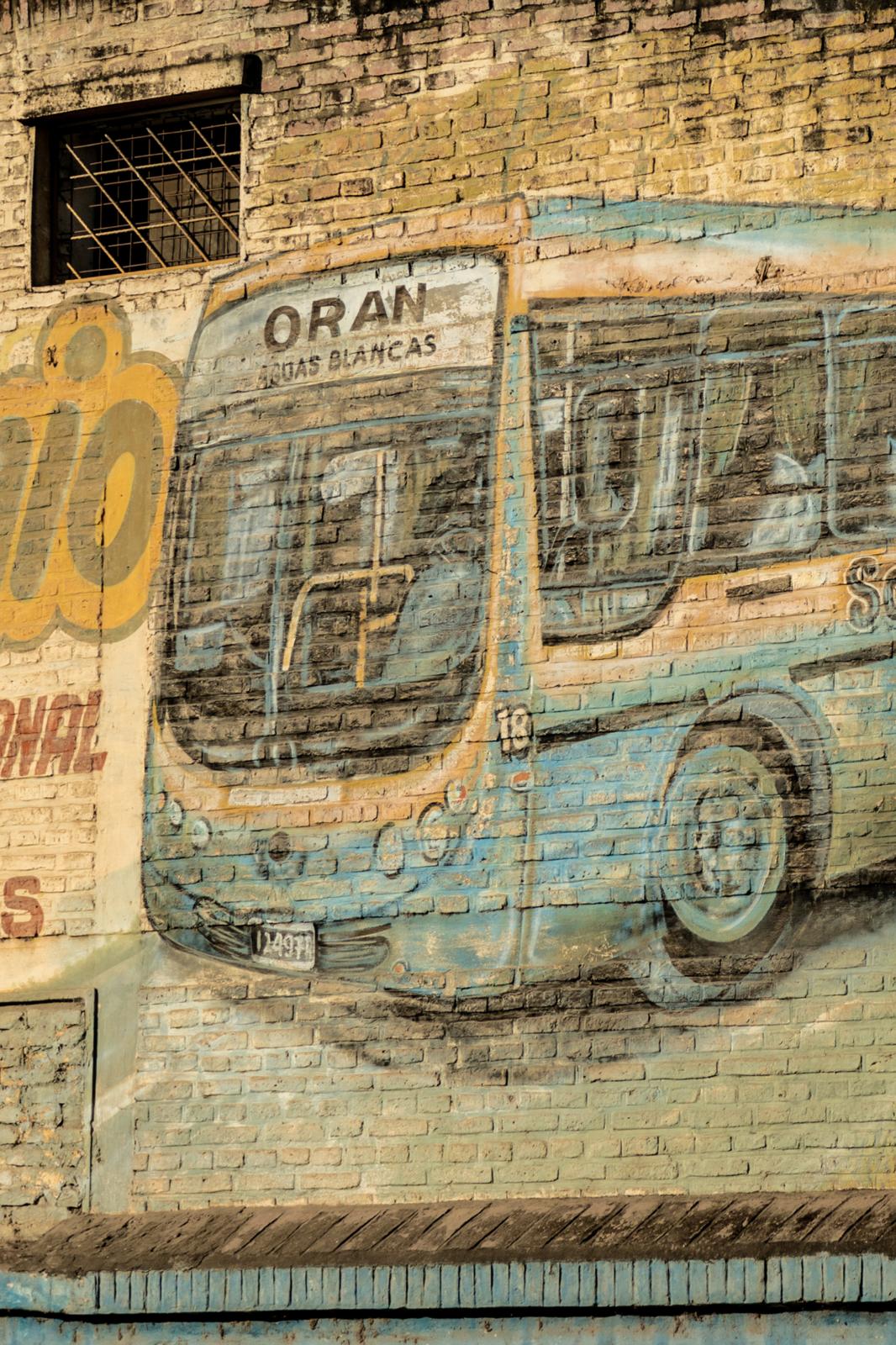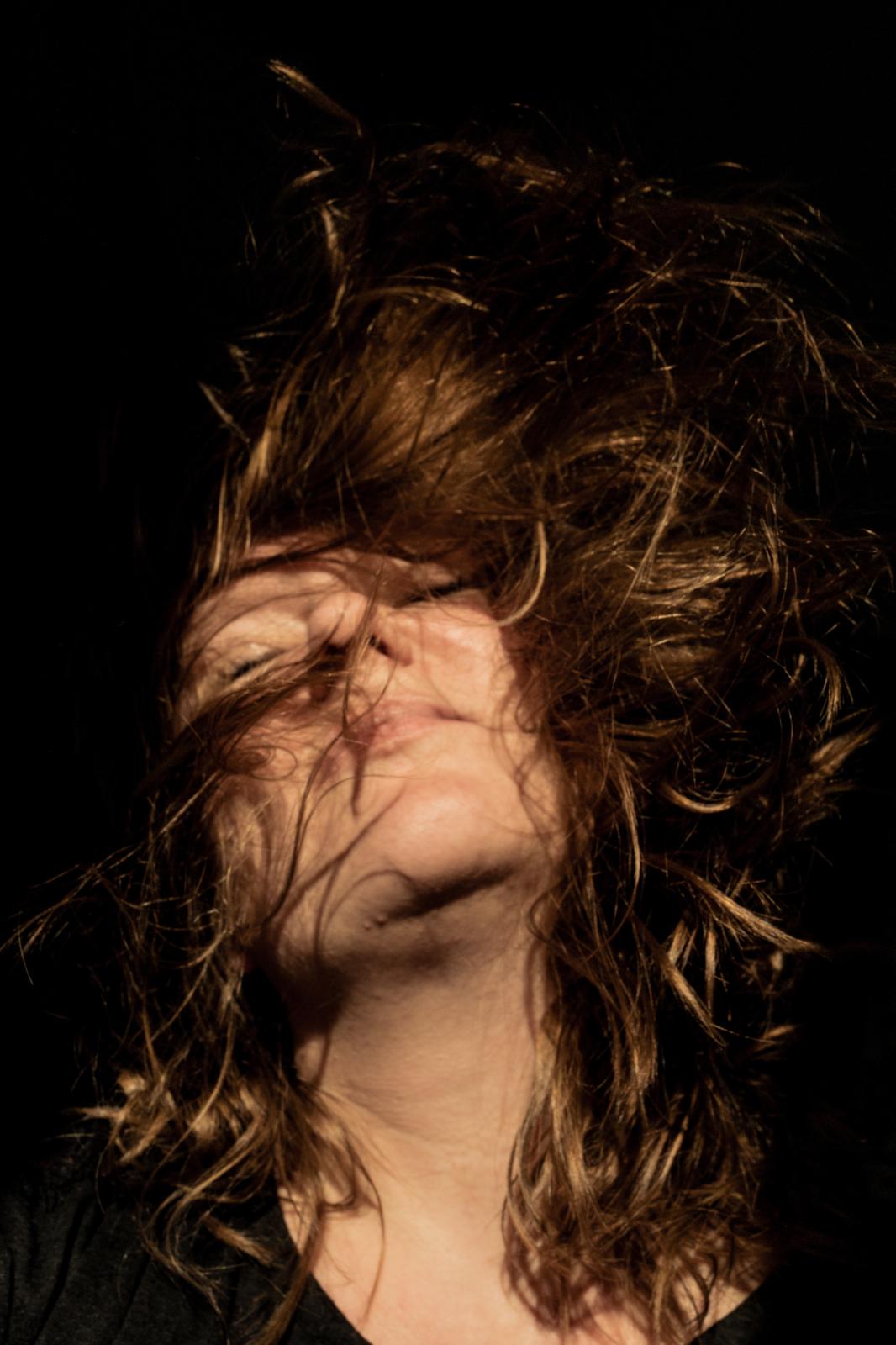Reina, Abdelbaki & Me
The project consists of a photographic essay and a short documentary film that intertwines family memories with Algeria's war for its independence from France between 1954 and 1962. In a context between both countries that is still conflictive and tense, the goal is to reflect on colonial pasts and decolonial presents, on complex identities shaped by migrations and to create a space for intercultural dialogue, despite traumas and conflicts.
It’s based on the story of Reina, my Spanish mother, born and raised in Oran, Algeria during the war, and on my story, as her daughter, who emigrated from France to Argentina 12 years ago. I intend to reflect from a temporal and geographical distance on my family story and this part of its history. Reina never returned to Algeria. But Abdelbaki, a man born in Oran after the Independence and whom she met on an online forum about Oran, became her eyes for the last 15 years in her childhood neighborhood. The project is a conversation between three voices that seeks to weave at a distance an individual and collective transnational history and memory.
This ongoing project consists of a series of photos with a non-linear narrative, where territories and voices dialogue in layers and multiple readings, from archives to new pictures. My visual language is both poetic and political in tone. In addition, I’m working on a short documentary film, started with the scholarship received from the Fred Ritchin program Images based strategies for social change. This video piece will work as an introduction to the questions the project wants to bring to the audience, and help to appreciate the complete body of work and its layers.
Check the teaser on vimeoThe project received in 2021 the support of the CNAP- National Center for Visual Arts in France and a scholarship for the Screen Arts School program led by Fred Ritchin.
It’s based on the story of Reina, my Spanish mother, born and raised in Oran, Algeria during the war, and on my story, as her daughter, who emigrated from France to Argentina 12 years ago. I intend to reflect from a temporal and geographical distance on my family story and this part of its history. Reina never returned to Algeria. But Abdelbaki, a man born in Oran after the Independence and whom she met on an online forum about Oran, became her eyes for the last 15 years in her childhood neighborhood. The project is a conversation between three voices that seeks to weave at a distance an individual and collective transnational history and memory.
This ongoing project consists of a series of photos with a non-linear narrative, where territories and voices dialogue in layers and multiple readings, from archives to new pictures. My visual language is both poetic and political in tone. In addition, I’m working on a short documentary film, started with the scholarship received from the Fred Ritchin program Images based strategies for social change. This video piece will work as an introduction to the questions the project wants to bring to the audience, and help to appreciate the complete body of work and its layers.
Check the teaser on vimeoThe project received in 2021 the support of the CNAP- National Center for Visual Arts in France and a scholarship for the Screen Arts School program led by Fred Ritchin.
Public Project
Reina, Abdelbaki & Me
2,072

